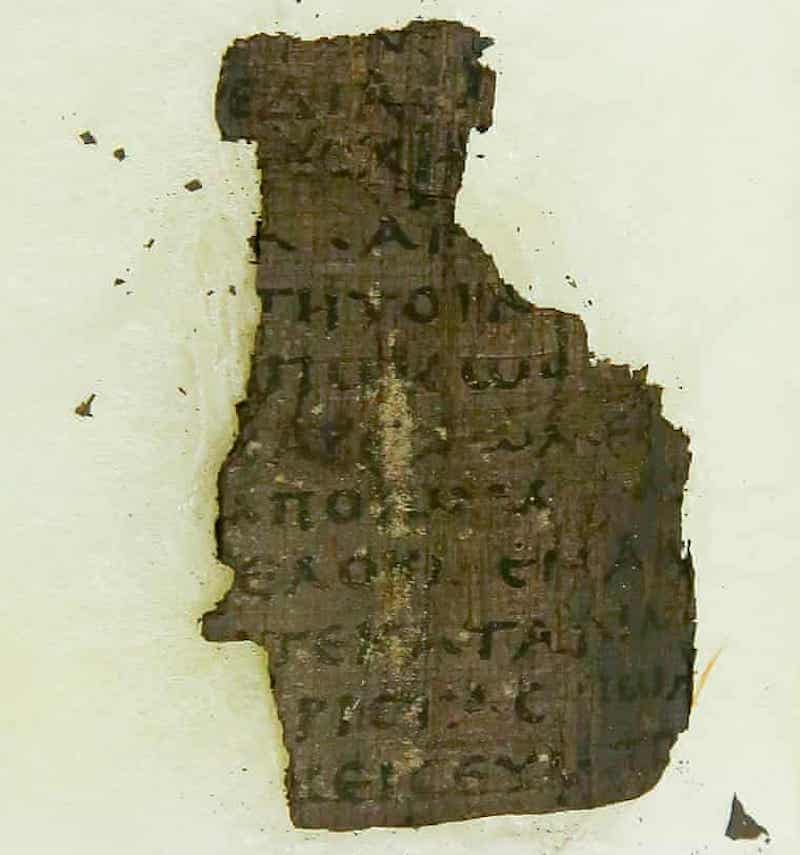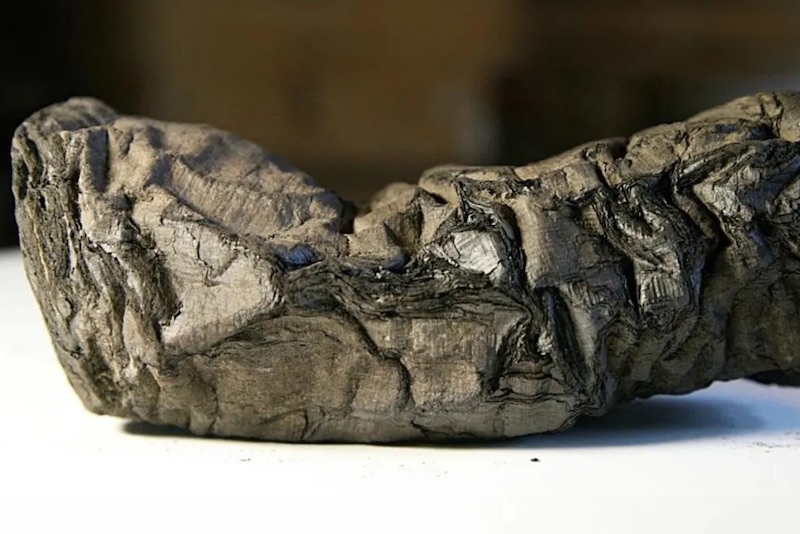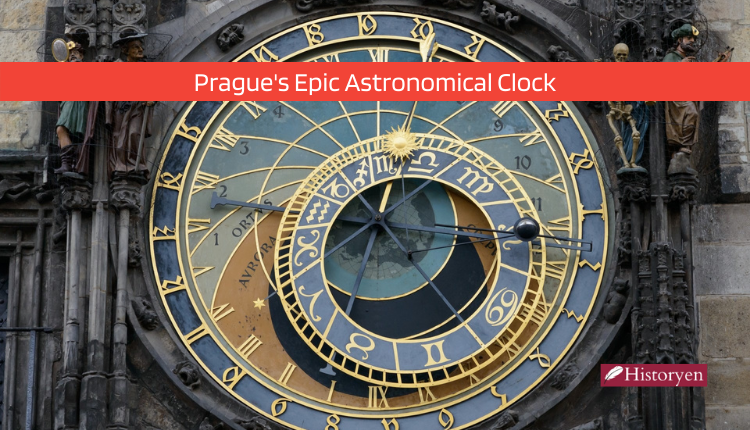In AD 79, the catastrophic eruption of Mount Vesuvius destroyed Herculaneum, a prosperous ancient Roman town located in present-day Italy. The tragedy claimed countless lives and buried the city under layers of ash and pumice for centuries. However, as the town’s ruins gradually resurfaced over time, archaeologists discovered a wealth of cultural artifacts, including a vast library that belonged to Julius Caesar’s father-in-law. Despite the significance of the find, the scrolls remained mostly unreadable due to their charred and fragile state. Now, former GitHub CEO Nat Friedman and a group of scientists have launched a $250,000 competition to encourage researchers to develop novel ways of deciphering the texts. In this article, we explore the fascinating story behind Herculaneum’s lost library and the ongoing efforts to unlock its secrets.
The Discovery of Herculaneum’s Lost Library
In the 18th century, excavations in Herculaneum unearthed a vast collection of papyrus scrolls that had been preserved by the volcanic ash. The scrolls were found in a villa that was believed to belong to Lucius Calpurnius Piso Caesoninus, Julius Caesar’s father-in-law, and the father of Calpurnia, Caesar’s last wife. The library contained an estimated 1,800 scrolls, making it one of the largest collections of ancient literature ever found.
The Challenge of Deciphering the Scrolls of Herculaneum’s Lost Library

Despite the excitement surrounding the discovery, the scrolls’ condition presented a significant challenge for researchers. The papyrus had been burned and carbonized by the intense heat of the eruption, making them extremely brittle and fragile. The scrolls were also tightly wound, making them difficult to unroll without causing further damage. As a result, most of the scrolls have remained largely unreadable since their discovery, despite numerous attempts to decipher them.
The New Prize for Deciphering the Scrolls of Herculaneum’s Lost Library
Recently, former GitHub CEO Nat Friedman and a team of scientists launched a new competition to encourage researchers to find innovative ways of reading the scrolls. The competition offers a $250,000 prize to the individual or team that successfully uses modern technology to decipher the texts. The challenge is to develop a tool or process that can read the scrolls without damaging them further or destroying them in the process. The prize aims to attract researchers from a wide range of fields, including computer science, materials science, and archaeology.
The Significance of the Scrolls
The collection includes works by many of the most prominent writers of the era, including Epicurus, Philodemus, and Lucretius. These authors wrote on a wide range of topics, from philosophy and science to literature and history. Their writings shed light on the intellectual currents of the time, as well as the daily life and customs of the people who lived in Herculaneum and the wider Roman world.
Moreover, the Herculaneum scrolls are unique because they are written on papyrus, a material that was widely used in the ancient world but has largely decayed over time. The scrolls offer a rare glimpse into the material culture of the Roman Empire, as well as the techniques and technologies that were used to produce and preserve written texts.
Challenges and Limitations of the Competition
Despite the potential of the competition to unlock the secrets of Herculaneum’s lost library, there are also challenges and limitations to the approach. For example, some scholars have raised concerns about the use of advanced imaging techniques, arguing that they may not be able to capture all the information in the scrolls. Others have noted that the competition focuses on a narrow set of research questions and may overlook other valuable insights that could be gained from the scrolls.
Additionally, the prize money may not be enough to incentivize researchers to dedicate the time and resources necessary to develop a truly innovative solution. Some researchers have suggested that a more collaborative approach, involving multiple teams working together, may be more effective in unlocking the scrolls’ secrets.
Conclusion
The story of Herculaneum’s lost library is a testament to the resilience of the human spirit in the face of tragedy and destruction. Despite being buried for centuries, the scrolls have the potential to offer valuable insights into the culture and history of ancient Rome. The competition to decipher the texts is an exciting opportunity to harness modern technology and unlock the secrets of the past. While there are challenges and limitations to the approach, the competition represents a promising step forward in the ongoing quest to understand the rich and complex legacy of the ancient world.
FAQs
The library is significant because it contains a vast collection of ancient texts, including works by some of the most prominent writers of the Roman era.
The scrolls are difficult to read because they were burned and carbonized by the eruption of Mount Vesuvius, making them extremely brittle and fragile.
The prize is $250,000 and is awarded to the person or team that successfully develops a novel way of deciphering the texts.
Researchers are using advanced imaging techniques, such as X-ray phase contrast tomography and multispectral imaging, as well as artificial intelligence and machine learning algorithms.
Some scholars have raised concerns about the limitations of the imaging techniques and the narrow focus of the competition. Additionally, the prize money may not be enough to incentivize researchers to dedicate the time and resources necessary to develop a truly innovative solution.



